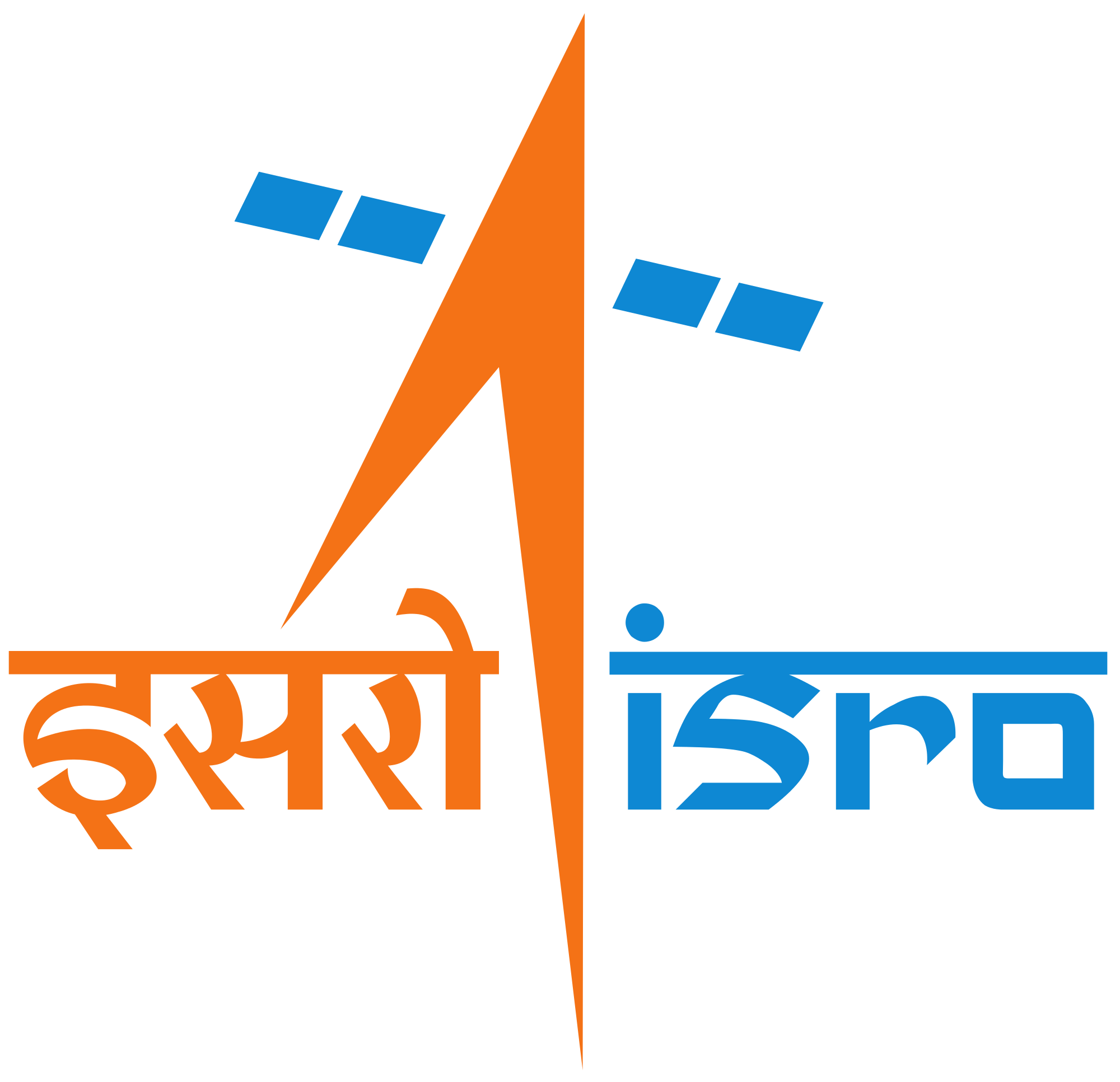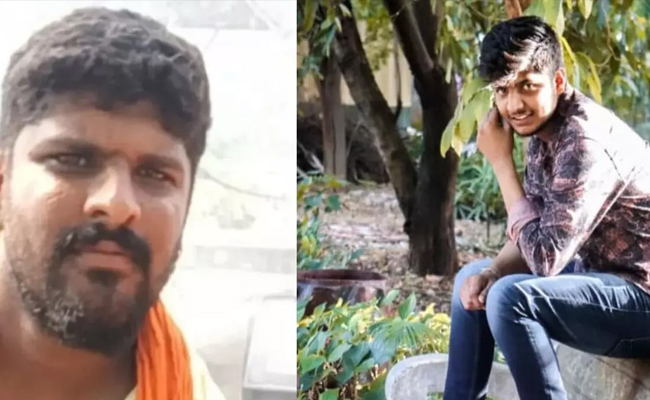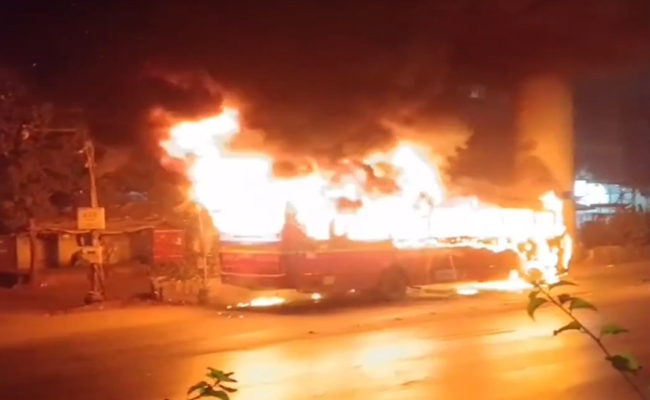Chennai, April 25: The Indian space agency has recalled its communication satellite GSAT-11 from Arianespace's rocket port in Kourou in French Guiana, said Arianespace.
"Due to additional technical checks with the Indian Space Research Organisation’s (ISRO) GSAT-11 satellite, to be conducted from the ISRO Satellite Centre (ISAC) located in Bengaluru, the Ariane 5 launch initially planned for May 25, VA243, has been postponed," Arianespace said on Wednesday.
The GSAT-11 was planned to be launched mid May. The satellite had reached Arianespace's rocket port in March.
GSAT-11 was designed, assembled and integrated by the ISRO, and will have an estimated lift-off mass of 5,870 kg.
This advanced communications satellite is to provide multi-spot beam coverage over the Indian mainland and nearby islands, bringing significant advantages to the user community when compared with India's existing INSAT/GSAT satellite systems, Arianespace said earlier in a statement.
With its new system architecture and cutting-edge technology elements, GSAT-11 will generate a capacity of more than 12 Gbps for users from a single platform, the statement added.
It is not known what has prompted ISRO to recall its 5.8-ton satellite GSAT-11 for further tests.
It may be recalled, ISRO lost communication contact with its GSAT-6A communication satellite soon after it was put into orbit on March 29.
ISRO suspects the failure of the power systems in the satellite for the loss of communication link.
"The satellites are powered by solar panels that charge the onboard batteries. The batteries are fully charged when the satellite is loaded on to the rocket.
"Even if there is a problem with the solar panel, then the battery power should have kicked in. Here the entire power system of the satellite seems to have failed," one space expert told IANS earlier.
According to experts, the power system could have failed due to some short circuiting or arcing resulting in what is known in the space terminology 'loss of lock' or loss of contact with the ground station.
Satellites in space are locked to ground stations for tracking and other purposes.
On March 29, Indian rocket Geosynchronous Satellite Launch Vehicle (GSLV) slung GSAT-6A in its intended orbit. From there the satellite was to be taken up further to its orbital slot by firing its onboard motors.
The first orbit raising operation was successfully carried out by firing the onboard motors for around 36 minutes on March 30 morning.
The second orbit raising operation of GSAT-6A satellite was also successful as its motors was fired for about 53 minutes on March 31.
After that the communication link got snapped.
Industry experts also said there has been instances where communication link with satellites got reestablished after a break of couple of days.
Let the Truth be known. If you read VB and like VB, please be a VB Supporter and Help us deliver the Truth to one and all.
Thodupuzha (Kerala) (PTI): A 27-year-old man died after allegedly falling into an open roadside pit near Thodupuzha in Idukki district, police said on Tuesday.
The deceased was identified as Jeys Benny, a native of Muthalakkodam.
The accident occurred late Monday night when his two-wheeler plunged into the large pit dug on the side of the road as part of the construction work, they said.
Though he was rushed to a nearby hospital, his life could not be saved.
As the issue triggered heated protest, state Public Works Department (PWD) Minister Mohammed Riyas ordered a probe into the tragic incident.
He said the deputy chief engineer of the PWD has been entrusted with a probe into the incident and will take further action after receiving his report.
"Stringent measures will be taken if the negligence happened from the side of the Public Works Department," Riyas said.
In the CCTV visuals aired by TV channels, the bike could be seen plunging into the open pit.
According to local residents, the pit has been left open for over a month without adequate safety measures such as barricades or warning signs.
Following the incident, local residents staged a protest at the accident spot, alleging negligence on the part of the PWD.
Workers of the Opposition UDF also protested at the local PWD office demanding action against those responsible.





